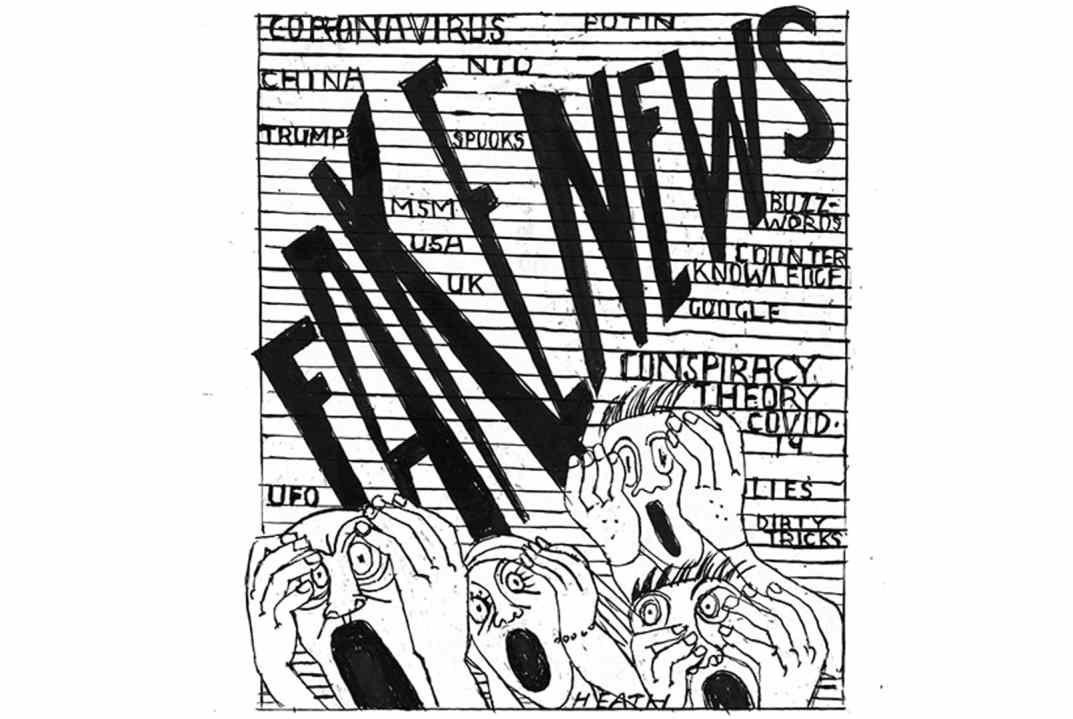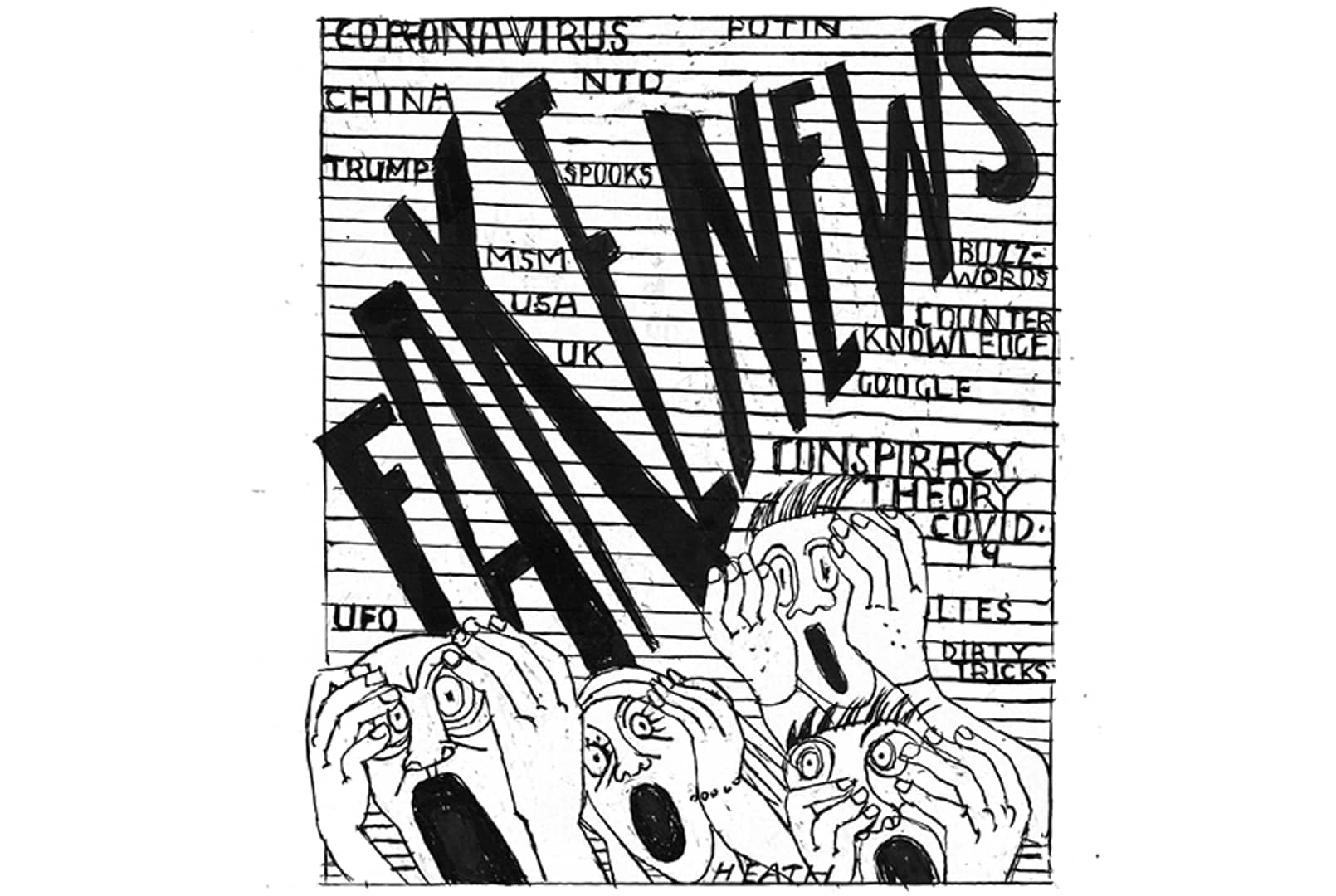Last weekend, Rolling Stone ran a story about an interview an emergency room doctor had given to a local news station in which, according to the TV reporter, he’d said hospitals in his state were so swamped with patients who’d overdosed on ivermectin that gunshot victims were struggling to be seen. For context, ivermectin is an anti-parasitic drug used for deworming horses that has been touted by vaccine sceptics as an effective prophylactic against Covid-19. For boosters of the Covid vaccines, this story was manna from heaven. Here were a bunch of hicks so dumb they were stuffing themselves with horse pills rather than getting jabbed, with predictably disastrous results.
There was only one problem — it wasn’t true. A hospital in rural Oklahoma that had worked with the ER doctor issued a statement saying it hadn’t treated any patients with complications arising from taking ivermectin. Two days later, Rolling Stone issued a clarification saying it had been ‘unable to independently verify any such cases’. Pity it didn’t try to verify the story before publishing it, but then it probably fell under the heading of ‘too good to check’. That was the attitude of various media organisations that rehashed the story without bothering to confirm it, including the Guardian, Newsweek, the New York Daily News, Business Insider, The Hill and MSNBC. Incredibly, the host of a show on CNN called No Lie repeated it, as did the best-selling author of a book debunking anti–vaccine myths. Perhaps the icing on the cake is that this little nugget of fake news was regurgitated by an academic at the University of Maryland who specialises in ‘mis/disinformation’.
As a rule, any story that challenges the official Covid narrative is scrutinised in forensic detail
Needless to say, Twitter didn’t suspend any of its users for trafficking in falsehoods and nor did any ‘independent fact-checkers’ on Facebook flag the story as wrong.









Comments
Join the debate for just £1 a month
Be part of the conversation with other Spectator readers by getting your first three months for £3.
UNLOCK ACCESS Just £1 a monthAlready a subscriber? Log in